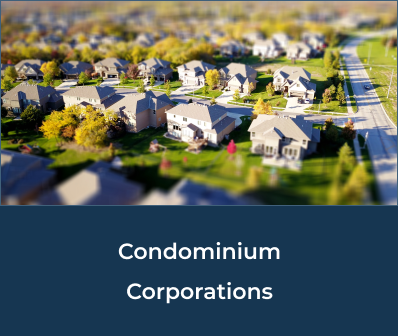The government introduced a national, annual 1% tax on the value of non-resident, non-Canadian owned residential real estate that is considered to be vacant or underused. This Underused Housing Tax (UHT) came into effect on January 1, 2022.
The CRA previously announced transitional relief with the waiver of penalties and interest for late-filed 2022 returns, initially to October 31, 2023, and subsequently to April 30, 2024. For returns pertaining to 2023 and subsequent taxation years, the April 30 deadline still applies. There is a new Form UHT-2900 for the 2023 calendar year which is different than the form for the 2022 calendar year. Taxpayers should use the correct form for their respective calendar year.
In the 2023 Fall Economic Statement, the Department of Finance released legislative and regulatory proposals relating to the UHT to ensure it applies as intended. The proposed changes are discussed below.
Expansion of the Excluded Owner Definition
Excluded owners are persons that are excluded from the UHT. The proposed changes aim to expand the definition of “excluded owners” for UHT purposes to include “specified Canadian corporations,” partners of “specified Canadian partnerships,” and trustees of “specified Canadian trusts.”
- Specified Canadian Corporations: A Canadian corporation having less than 10% of its votes or equity value owned by foreign individuals or corporations.
- Partners of Specified Canadian Partnerships: A partnership whose partners are exclusively Canadian.
- Trustees of Specified Canadian Trusts: A trust whose beneficiaries are exclusively Canadian.
The proposed expansion of the excluded owner definition would apply beginning with the 2023 calendar year and would significantly reduce the taxpayers subject to the UHT.
Reduction of Failure to File Penalties
The proposal reduces the minimum non-filing penalties for affected owners from $5,000 for individuals and $10,000 for corporation to $1,000 and $2,000, respectively.
The reduced minimum non-filing penalties would be in effect in the 2022 tax year and subsequent calendar years. However, affected owners will have until April 30, 2024 to file their 2022 annual UHT returns without being charged penalties or interest.
New Exemption for Employee Accommodations
A new exemption for employee accommodations would be introduced for residential properties used as a place of residence or lodging for employees and located outside metropolitan areas with 30,000 or more residents. This exemption will be applicable for calendar year 2023 and beyond.
Other Proposed Changes
The government has proposed that the prescribed property will no longer be considered as residential property for UHT purposes. Specifically, a residential condominium unit within a building containing four or more such units would be prescribed property if it meets specific criteria. These criteria are as follows:
- Ownership threshold: At least 90% of the residential condominium units in the building must be owned by a person who is also the owner of the particular residential condominium unit.
- Purpose of ownership: At least 90% of the residential condominium units owned by the person must be intended for providing individuals with continuous occupancy of a residential condominium unit as a place of residence or lodging for a period of at least one month.
If both conditions are met, the residential condominium unit would be considered prescribed property for UHT purposes. As a result, the owner of such a unit would not be required to file an annual UHT return or pay the UHT on that property. This exemption would be effective in the 2022 tax year and subsequent calendar years.
In addition, it is proposed that an individual or a spousal unit can claim the UHT vacation property exemption for only one residential property for a calendar year. The single claim of vacation property exemption would be effective in respect of 2024 and subsequent calendar years.
GG Observations
These proposed changes aim to refine the UHT compliance obligations and ensure fair taxation of residential real estate. At the time of writing this article, the above proposals have not been enacted and the existing rules continue to apply. Please don’t hesitate to contact us if you need professional advice regarding the application of the UHT and your tax obligations related to residential real estate in Canada.




























